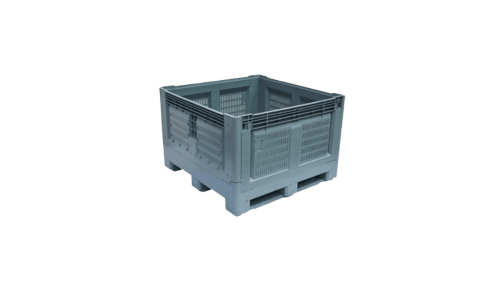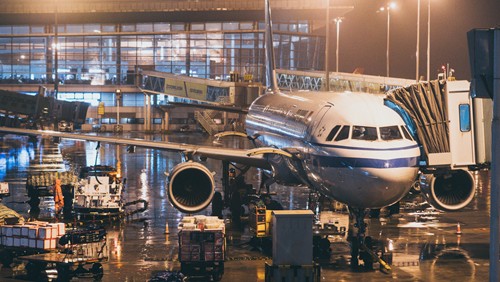As a result of this country’s strong economic and geographic position, there is the potential to have strong export relationships with most nations around the world. Couple this with the increased collaboration of world businesses and Australia is in an ideal position for prosperity in the future.
This was the notion expressed as part of the Composition of Trade, Australia 2014 report published by the Department of Foreign Affairs and Trade (DFAT) in August. According to the statistics, this country’s goods and services trade expanded 2.4 per cent to $664 billion in the last calendar year. Based on these findings, the department concluded that the increases in trade are driving both business growth and job creation.
Who are we trading with?
Encompassing 23 per cent of Australia’s total trade, China is our biggest two-way partner – valued at a massive $152.9 billion. The Asian giant has a flourishing middle class meaning there is strong demand for produce exports over the next few decades.
DFAT revealed that the top exports to China included iron ores and concentrates, along with coal and gold.
Australia’s second-largest trading partner in 2014 was Japan producing $70.3 billion worth of two-way exports. In similar fashion to its Asian counterpart, minerals such as coal iron and concentrate were among the top trade resources, as well as beef.
The the remaining countries included the United States, the Republic of Korea and Singapore.
China rejecting imports for poor packaging
While China imports billions of dollars’ worth of goods and services from around the world every year, the country is very particular about standards and the safety of its citizens. In fact, over the past 12 months, there have been countless examples of products rejected at its strict borders.
One example was highlighted by China Decanter in August this year. During the first half of 2015, 49 batches of imported wines were turned away from customs. The top reasons included excessive sorbic acid, poor labelling and failed national standards.
However, the determination that 12.24 per cent of these rejections were because of poor packaging puts the focus back on local businesses. It is disappointing that quality products are turned away because it wasn’t transported or packaged in the proper manner.
With a full range of quality plastic pallets and crates, we can ensure your products get accepted into foreign countries with ease and your relationships with offshore entities grow as a result.
For more information, contact our expert team today.









Comments are closed.